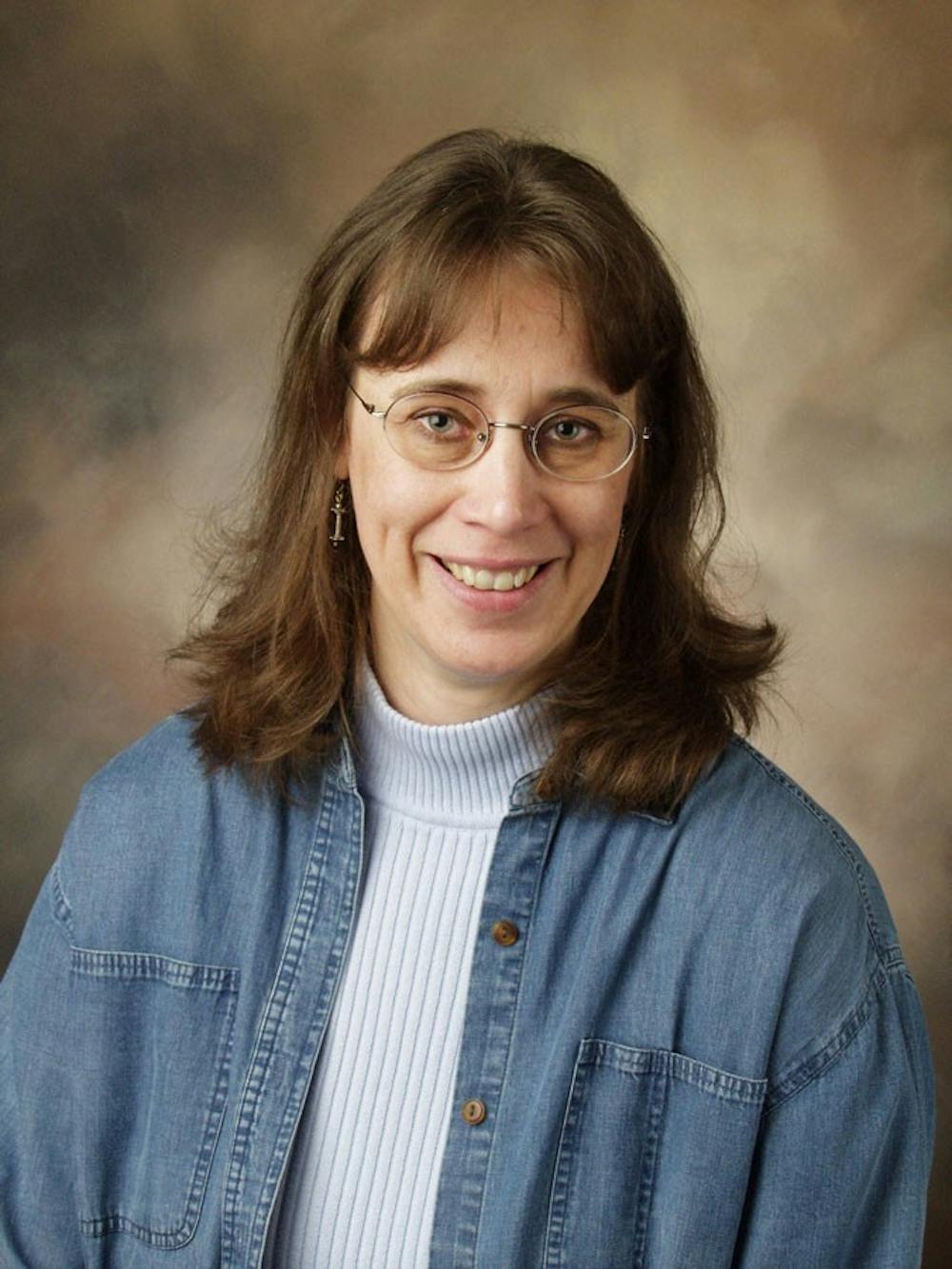By Hope Bolinger | Echo
Packing time.
Airlines may only allow 50 lbs. for checked luggage, but these passengers carry more baggage in their eyelids than they do in their hands. Under drooping eyelashes, they lug conflict and international tensions. The bags under their eyes tell stories of cynicism. They heave goodbyes and unfamiliar hellos. Uncertainty and a fractured identity cling to them.
They lug the load of a person who has lived abroad for a long time.
Missionary kids or students who spend a semester overseas struggle to acclimate to U.S. culture upon their return. The longer they reside in another country, the harder the adaptation process is when they return to the States. Junior Connor Salter, who lived in Germany for almost eight years, confirmed this. As a result, he often wrestled with cultural adjustment in discussions concerning U.S. current events and celebrity news, which made conversation with his stateside peers difficult.
Rachel Smith, professor of art, and Terrance Volden, theatre technician, relate to these stories of divided ties between multiple cultures.
Smith's family hopped between the countries of Sudan, Pakistan and Mexico during her childhood and college years. Her family faced expulsion from Sudan due to political tensions and were rejected Pakistani visas when the country split into Pakistan and Bangladesh. Along with political friction, Smith felt the strain of a strong association with Pakistan when she lived in America. "The biggest challenge for third culture kids is primary identification with the country you were raised in," she said.
Volden spent two and a half years living in Peru after taking multiple trips to the country before. Upon his return, he wrestled with cynicism about American ingratitude. "It's hard to come back and see people who have and complain about (everything)," Volden said, especially when he witnessed those who lacked basic comforts yet lived contentedly.
Despite their difficult transitions into the U.S., they learned invaluable lessons from their experiences in other cultures and countries.
Smith views her multicultural background as a blessing. "I see myself more as connected to the world as a whole than I do to any particular culture," Smith said.
This connection to the broader world, according to Smith, parallels the Church's unity in Christ. Even though Christians come from different countries, they all form a unified body.
Volden also encouraged the importance of keeping this unified-in-Christ mindset. He urged Taylor students to focus on cultivating relationships and valuing experiences. In a monetary-minded culture such as America, Volden asserted the primary emphasis should be on relationships instead of possessions.
Missionary kids and those living abroad can learn from mentors such as Smith and Volden, according to Salter, who had a mentor guide him during his transition into public school in America.
"I think it's important for people at Taylor to seek out (mentors who have lived overseas). There are some programs that can help culturally diverse students," he said.
However, Salter believed these on-campus programs only scratch the surface when it comes to processing events overseas.
Smith and Volden's stories teach students every load carries life. But despite the challenges, every burden is packed with blessings.





